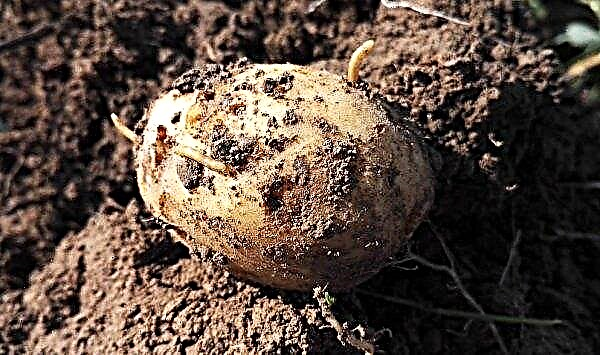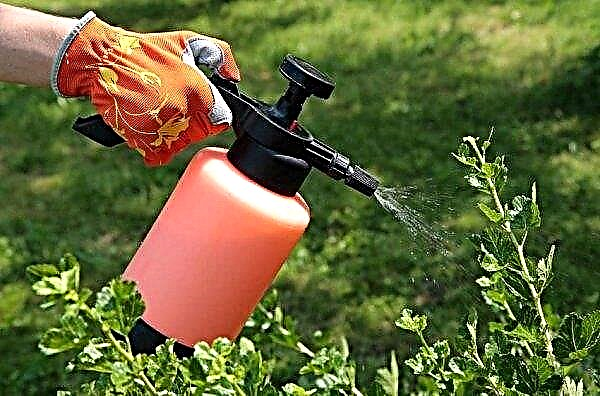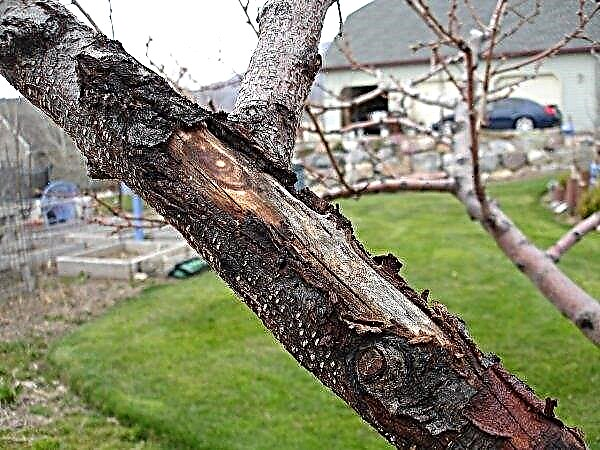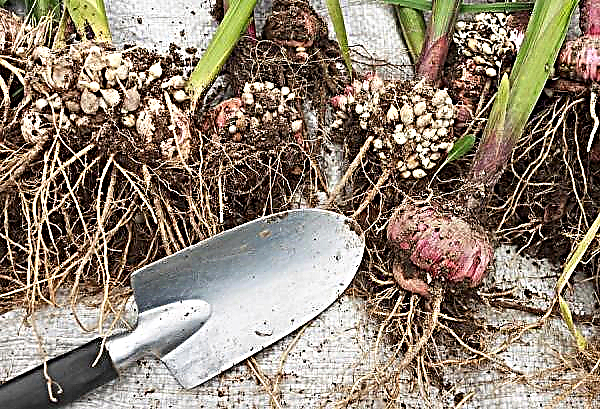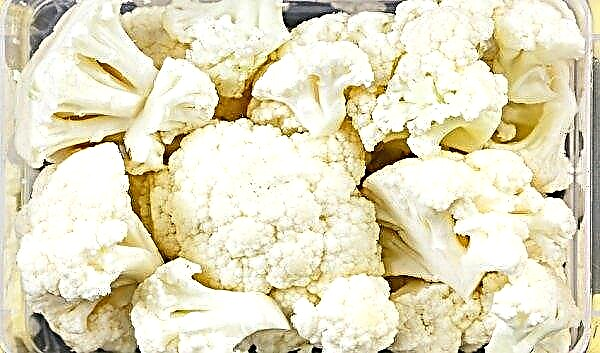Colombia wants to reuse glyphosate on a large scale. And this despite the fact that four years ago it was one of the first countries in the world that limited its use due to concerns about its impact on human health and the environment.
President Ivan Duque wants to reintroduce glyphosate as his primary weapon to combat the illicit cultivation of coca and the illicit trafficking of cocaine, a derivative of the plant. For this, the government has identified a Chinese pesticide as the preferred chemical.
In much of the world, disputes over the use of glyphosate have focused on agribusiness and horticulture. However, in Colombia, the herbicide is synonymous with two decades of tough anti-drug policies aimed at combating profitable business related to cocaine trafficking.

For many years, the main strategy of the Colombian government was to spray coca crops with political and economic support from the United States.
Prospects changed in 2015 when the World Health Organization (WHO) reclassified glyphosate as a “likely carcinogenic” substance. The government of then-President Juan Manuel Santos suspended air spraying as a preventative measure.
However, according to the United Nations Office on Drugs and Crime (UNODC), the implementation of the Santos replacement program was slow and unstable, and by the end of 2017, coca cultivation expanded to a record 171 thousand ha.

The government asked the Constitutional Court to facilitate spraying, given the magnitude of the coca problem. After resuming fumigation of coca, Colombia decided to buy Chinese chemicals whose safety was called into question.



